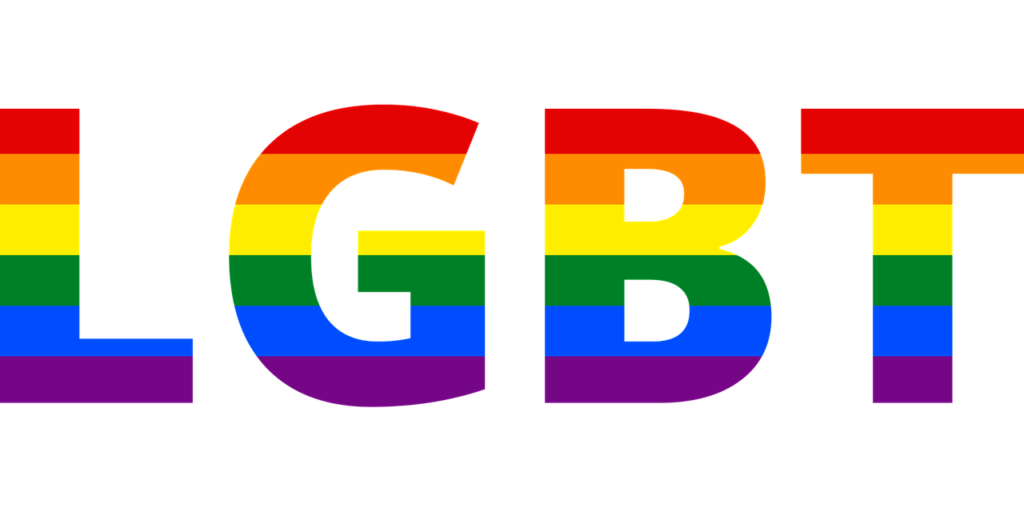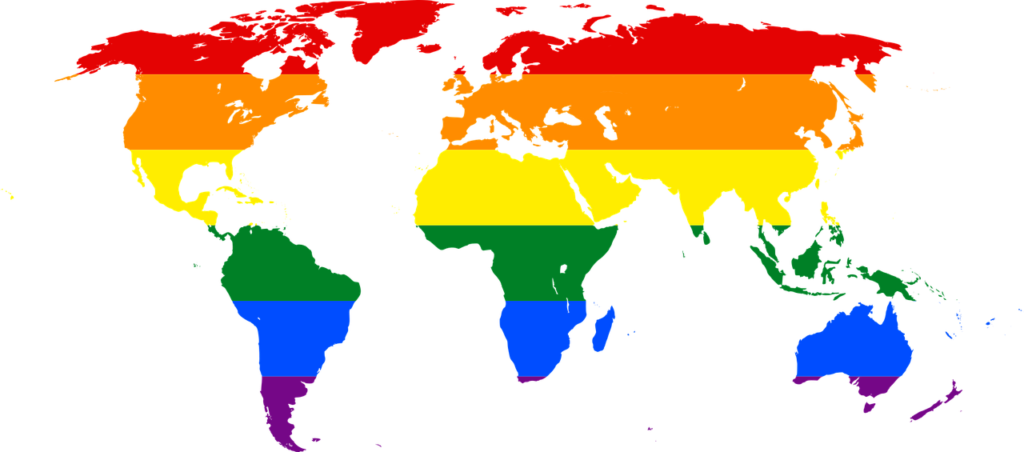Love knows no boundaries, and in the vibrant tapestry of human connections, LGBTQ relationships have become a testament to the power of love, resilience, and authenticity. In this comprehensive guide, we will explore the intricacies of LGBTQ relationships, navigating the challenges, celebrating the triumphs, and fostering a deep understanding of the unique dynamics that shape these connections. From breaking societal barriers to building supportive communities, from embracing individual identities to nurturing love and intimacy, this article is a roadmap for LGBTQ individuals and their partners seeking to cultivate nurturing, authentic, and fulfilling relationships. Let us embark on this journey together, where we learn, grow, and celebrate the diverse spectrum of LGBTQ relationships, while also recognizing the importance of love, acceptance, and equality for all.

Table of Contents:
I. Introduction
II. Understanding LGBTQ Relationships
A. Defining LGBTQ+
B. Unique Aspects of LGBTQ Relationships
III. Overcoming Challenges in LGBTQ Relationships
A. Facing Societal Stigma and Discrimination
B. Navigating Coming Out Processes
IV. Building Healthy LGBTQ Relationships
A. Communication and Honesty
B. Respecting Individual Identities and Boundaries
V. Nurturing Intimacy and Connection
A. Emotional Intimacy in LGBTQ Relationships
B. Exploring Sexual Intimacy and Expression
VI. Building a Supportive Network
A. Finding LGBTQ+ Communities and Resources
B. Cultivating Supportive Friendships and Allies
VII. Relationship Maintenance and Growth
A. Conflict Resolution and Compromise
B. Continuous Learning and Adaptation
VIII. Conclusion
I. Introduction

In a world that is becoming more inclusive and accepting, LGBTQ relationships have gained recognition and visibility. However, navigating the landscape of LGBTQ relationships comes with unique challenges and opportunities for growth. This comprehensive guide aims to provide valuable insights and advice for building healthy and fulfilling relationships within the LGBTQ community. From understanding the dynamics of LGBTQ relationships to fostering intimacy, building support networks, and maintaining long-term connections, we will explore the complexities of LGBTQ relationships and offer practical tips for nurturing love and authentic connections.
II. Understanding LGBTQ Relationships

A. Defining LGBTQ+
LGBTQ+ is an umbrella term encompassing lesbian, gay, bisexual, transgender, queer, and other diverse sexual orientations and gender identities. Understanding the diversity within the LGBTQ+ community is essential for fostering empathy and respect in relationships.
B. Unique Aspects of LGBTQ Relationships
LGBTQ relationships often face distinctive challenges and experiences. These can include navigating societal stigma, coming out processes, and negotiating identities within personal relationships. Understanding these unique aspects is vital for building healthy and supportive LGBTQ relationships.
III. Overcoming Challenges in LGBTQ Relationships

A. Facing Societal Stigma and Discrimination
LGBTQ relationships can encounter prejudice and discrimination in various forms. Overcoming these challenges involves fostering resilience, finding support networks, and advocating for LGBTQ rights.
B. Navigating Coming Out Processes
Coming out is a deeply personal journey that LGBTQ individuals often experience. It is essential for partners to create a safe and supportive environment for one another during this process. Communication, empathy, and unconditional love are crucial for navigating this significant milestone in LGBTQ relationships.
IV. Building Healthy LGBTQ Relationships

A. Communication and Honesty
Effective communication is the cornerstone of any healthy relationship. Open and honest conversations about desires, boundaries, and expectations are crucial in LGBTQ relationships. Active listening and mutual respect create a foundation for trust and connection.
B. Respecting Individual Identities and Boundaries
Respecting each other’s individual identities and boundaries is fundamental in LGBTQ relationships. Each partner should be allowed to express their unique gender identity and sexual orientation without judgment. Respecting boundaries ensures a safe and supportive space for personal growth and self-expression.
V. Nurturing Intimacy and Connection

A. Emotional Intimacy in LGBTQ
Relationships Emotional intimacy forms the core of any successful relationship. LGBTQ couples should strive to create an emotionally nurturing environment, fostering deep connections through vulnerability, empathy, and shared experiences.
B. Exploring Sexual Intimacy and Expression
Sexual intimacy in LGBTQ relationships encompasses a range of possibilities. Partners should openly discuss desires, preferences, and consent to create a fulfilling and mutually satisfying sexual relationship. Exploring and celebrating sexual expression within a consensual and respectful context can enhance the overall connection.
VI. Building a Supportive Network

A. Finding LGBTQ+ Communities and Resources
Connecting with LGBTQ+ communities and accessing resources is crucial for building a supportive network. LGBTQ+-specific organizations, online forums, social events, and support groups can provide a sense of belonging, acceptance, and guidance. Engaging with these communities can offer opportunities for social connection, advocacy, and personal growth.
B. Cultivating Supportive Friendships and Allies
Building relationships with supportive friends and allies is essential for LGBTQ individuals and their partners. Allies provide understanding, empathy, and a safe space to share experiences. Cultivating these friendships can create a broader support network that strengthens LGBTQ relationships and fosters a sense of community.
VII. Relationship Maintenance and Growth

A. Conflict Resolution and Compromise
Conflict is a natural part of any relationship, and effective conflict resolution is vital for the health and longevity of LGBTQ relationships. It requires open communication, active listening, and a willingness to find mutually satisfactory solutions. Embracing compromise and seeking professional support when needed can help couples navigate challenges effectively.
B. Continuous Learning and Adaptation
LGBTQ relationships, like any other, evolve over time. It is important to recognize that growth and change are inherent to relationships. Learning from experiences, adapting to new circumstances, and being open to personal and relational development contribute to the longevity and strength of LGBTQ relationships.
VIII. Conclusion

Navigating the world of LGBTQ relationships requires understanding, compassion, and resilience. By embracing the unique aspects of LGBTQ+ identities, overcoming challenges, building healthy communication practices, nurturing intimacy, and fostering supportive networks, LGBTQ individuals can cultivate strong, loving, and authentic relationships. Remember, each relationship is unique, and the journey may have ups and downs. With dedication, empathy, and a commitment to growth, LGBTQ relationships can thrive and serve as a beacon of love and acceptance in a diverse and ever-changing world.





